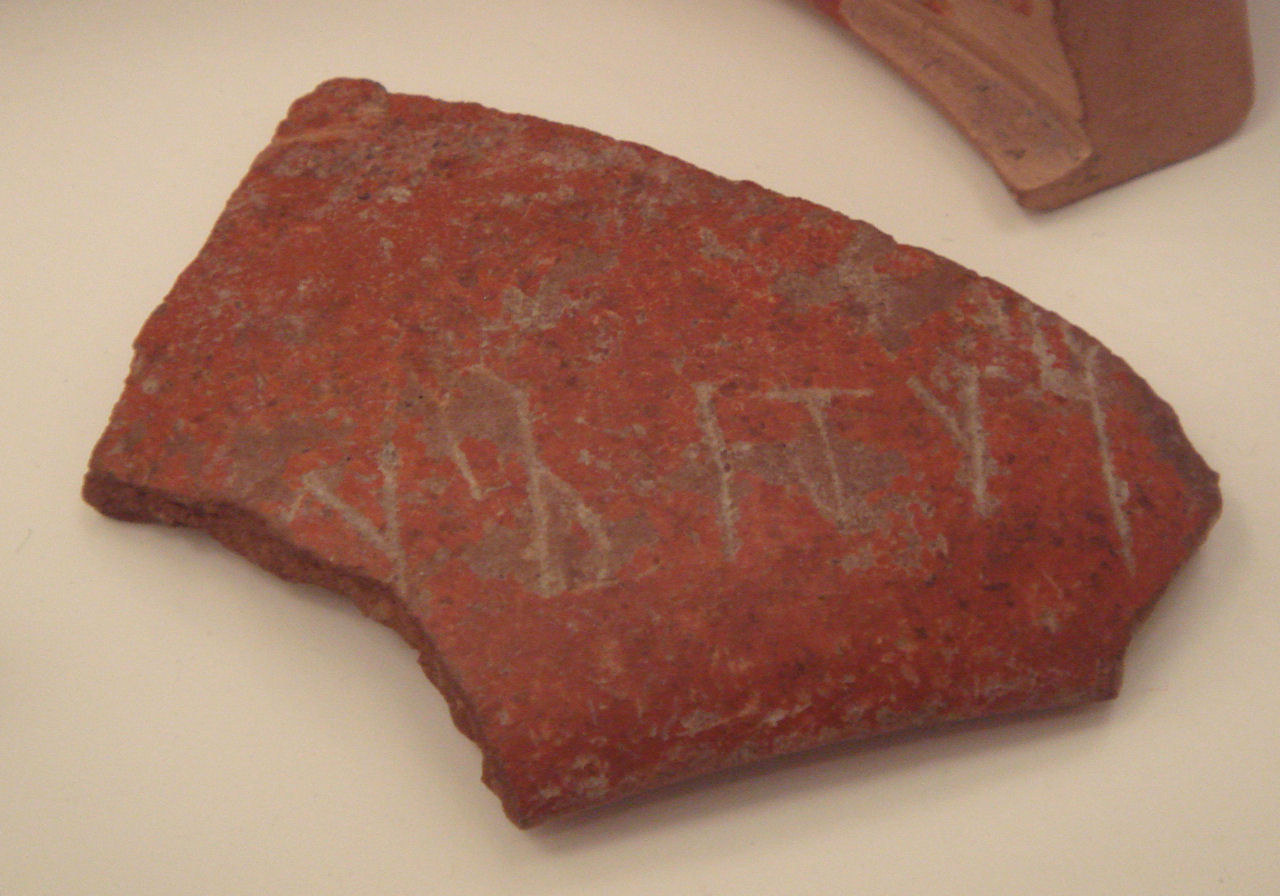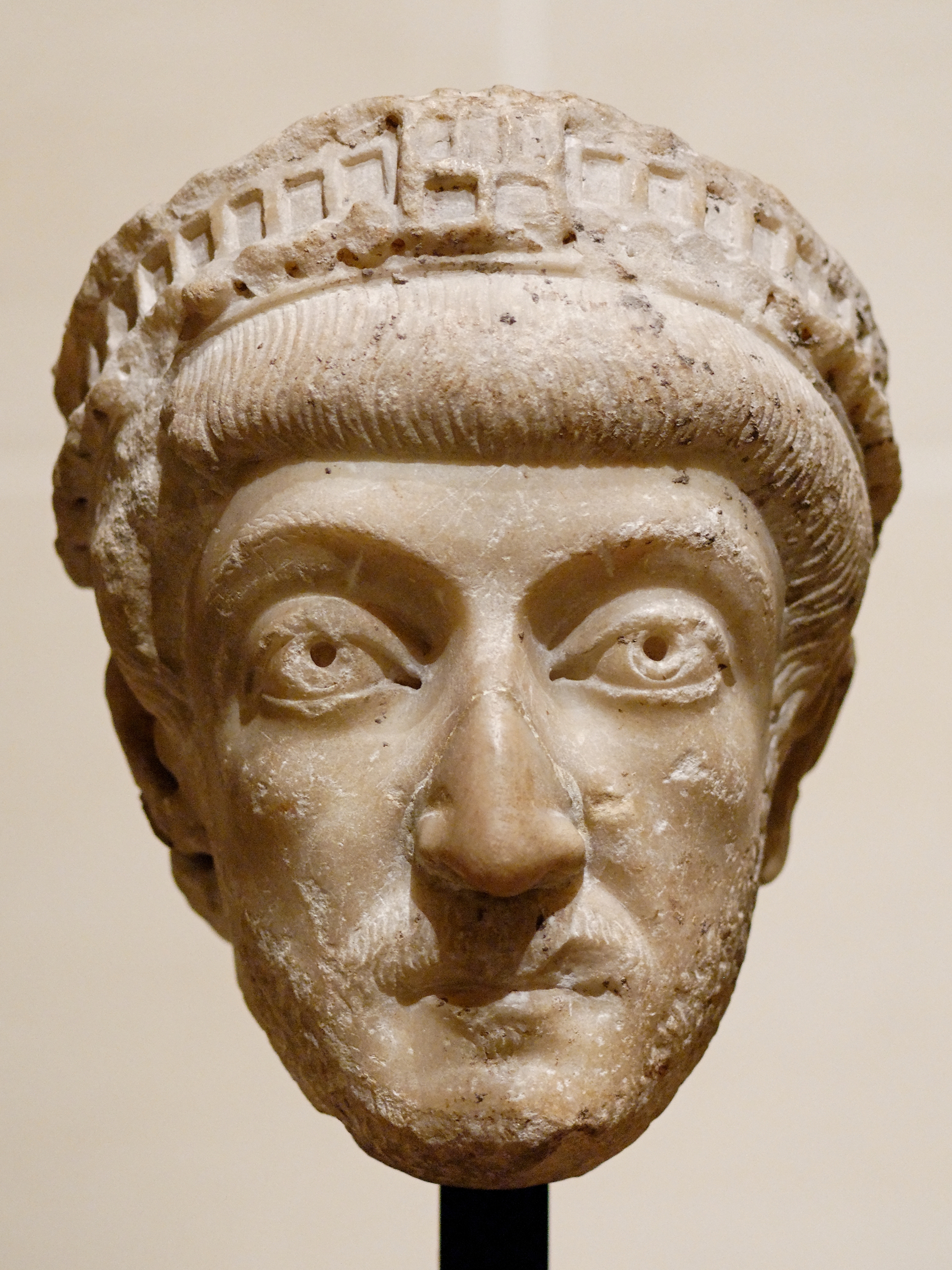|
Francesco Albergotti
Francesco Albergotti (6 June 1304 – 3 December 1376) was an Italian jurist of the 14th century. Life Born in 1304 from the Albergotti (family), Albergotti, the biggest Guelph family in Arezzo for the role they had in the political, religious and military life of the city. He started his studies at the University of Perugia, first in philosophy, then in law, student of the famous Baldo degli Ubaldi. He started a career as a lawyer in Arezzo, and in 1349 he moved to Florence, where he gained a considerable fame as a teacher, being named "''solidae veritatis doctor''" (doctor of solid thruths). He wrote comments to the ''Digest (Roman law), Digest'' and some books of the ''Codex Theodosianus'' (in various manuscripts), and other different ''consilia'' (published in 1563 in Venice). He died in Florence in 1376. Works Manuscripts * * * * * References [...More Info...] [...Related Items...] OR: [Wikipedia] [Google] [Baidu] |
Albergotti (family)
Reed Albergotti (born in Minneapolis) is an American journalist and the co-author of '' Wheelmen: Lance Armstrong, the Tour de France, and the Greatest Sports Conspiracy Ever''. This non-fiction book co-written with Vanessa O'Connell was published by Gotham Books on October 15, 2013. He has written about law and sports, including the doping scandal in American cycling. In 2008, Albergotti was one of a small group of journalists who helped found '' The Wall Street Journal'' sports page. In 2010, Albergotti created the ongoing ''Wall Street Journal'' video series called ''The Olympics: How Hard Can it Be?'' In the series, Albergotti tried out Olympic sports including hockey and figure skating with American athletes like hockey goalie Martin Brodeur Martin Pierre Brodeur (; born May 6, 1972) is a Canadian-American former professional ice hockey goaltender and current team executive. He played 22 seasons in the National Hockey League (NHL), 21 of them for the New Jersey D ... [...More Info...] [...Related Items...] OR: [Wikipedia] [Google] [Baidu] |
Arezzo
Arezzo ( , , ) , also ; ett, 𐌀𐌓𐌉𐌕𐌉𐌌, Aritim. is a city and ''comune'' in Italy and the capital of the Province of Arezzo, province of the same name located in Tuscany. Arezzo is about southeast of Florence at an elevation of Above mean sea level, above sea level. As of 2022, the population was about 97,000. Known as the city of gold and of the high fashion, Arezzo was home to artists and poets such as Giorgio Vasari, Guido of Arezzo and Guittone d'Arezzo and in its Province of Arezzo, province to Renaissance artist Michelangelo. In the artistic field, the city is famous for the frescoes by Piero della Francesca inside the Basilica of San Francesco, Arezzo, Basilica of San Francesco, and the crucifix by Cimabue inside the Basilica of San Domenico, Arezzo, Basilica of San Domenico. The city is also known for the important Giostra del Saracino, a game of chivalry that dates back to the Middle Ages. History Described by Livy as one of the ''Capita Etruriae'' ... [...More Info...] [...Related Items...] OR: [Wikipedia] [Google] [Baidu] |
University Of Perugia
University of Perugia ( Italian ''Università degli Studi di Perugia'') is a public-owned university based in Perugia, Italy. It was founded in 1308, as attested by the Bull issued by Pope Clement V certifying the birth of the Studium Generale. The official seal of the university portraits Saint Herculan, one of the saint patrons, and the rampant crowned griffin, which is the city symbol: they represent the ecclesiastical and civil powers, respectively, which gave rise to the university in the Middle Ages. History One of the "free" universities of Italy, it was erected into a ''studium generale'' on September 8, 1308, by the Bull "Super specula" of Clement V. A school of arts existed by about 1200, in which medicine and law were soon taught, with a strong commitment expressed by official documents of the City Council of Perugia. Before 1300 there were several ''universitates scholiarum''. Jacobus de Belviso, a famous civil jurist, taught here from 1316 to 1321. By Bull on Aug ... [...More Info...] [...Related Items...] OR: [Wikipedia] [Google] [Baidu] |
Philosophy
Philosophy (from , ) is the systematized study of general and fundamental questions, such as those about existence, reason, Epistemology, knowledge, Ethics, values, Philosophy of mind, mind, and Philosophy of language, language. Such questions are often posed as problems to be studied or resolved. Some sources claim the term was coined by Pythagoras ( BCE), although this theory is disputed by some. Philosophical methodology, Philosophical methods include Socratic questioning, questioning, Socratic method, critical discussion, dialectic, rational argument, and systematic presentation. in . Historically, ''philosophy'' encompassed all bodies of knowledge and a practitioner was known as a ''philosopher''."The English word "philosophy" is first attested to , meaning "knowledge, body of knowledge." "natural philosophy," which began as a discipline in ancient India and Ancient Greece, encompasses astronomy, medicine, and physics. For example, Isaac Newton, Newton's 1687 ''Phil ... [...More Info...] [...Related Items...] OR: [Wikipedia] [Google] [Baidu] |
Baldo Degli Ubaldi
Baldus de Ubaldis (Italian: ''Baldo degli Ubaldi''; 1327 – 28 April 1400) was an Italian jurist, and a leading figure in Medieval Roman Law and the school of Postglossators. Life A member of the noble family of the Ubaldi (Baldeschi), Baldus was born at Perugia in 1327, and studied civil law there under Bartolus de Saxoferrato, being admitted to the degree of doctor of civil law at the early age of seventeen. Federicus Petrucius of Siena is said to have been the master under whom he studied canon law. On his promotion to the doctorate he went to Bologna, where he taught law for three years, after which he was advanced to a professorship at Perugia, where he remained for thirty-three years, and he had among his students Francesco Albergotti. He subsequently taught law at Pisa, Florence, Padua and Pavia, the rivals to Bologna. During his period at Pavia he sometimes also taught at Piacenza. He died at Pavia on 28 April 1400 and was buried in the church of San Francesco. ... [...More Info...] [...Related Items...] OR: [Wikipedia] [Google] [Baidu] |
Florence
Florence ( ; it, Firenze ) is a city in Central Italy and the capital city of the Tuscany region. It is the most populated city in Tuscany, with 383,083 inhabitants in 2016, and over 1,520,000 in its metropolitan area.Bilancio demografico anno 2013, datISTAT/ref> Florence was a centre of medieval European trade and finance and one of the wealthiest cities of that era. It is considered by many academics to have been the birthplace of the Renaissance, becoming a major artistic, cultural, commercial, political, economic and financial center. During this time, Florence rose to a position of enormous influence in Italy, Europe, and beyond. Its turbulent political history includes periods of rule by the powerful Medici family and numerous religious and republican revolutions. From 1865 to 1871 the city served as the capital of the Kingdom of Italy (established in 1861). The Florentine dialect forms the base of Standard Italian and it became the language of culture throug ... [...More Info...] [...Related Items...] OR: [Wikipedia] [Google] [Baidu] |
Digest (Roman Law)
The ''Digest'', also known as the Pandects ( la, Digesta seu Pandectae, adapted from grc, πανδέκτης , "all-containing"), is a name given to a compendium or digest of juristic writings on Roman law compiled by order of the Byzantine emperor Justinian I in 530–533 AD. It is divided into 50 books. The ''Digest'' was part of a reduction and codification of all Roman laws up to that time, which later came to be known as the (). The other two parts were a collection of statutes, the (Code), which survives in a second edition, and an introductory textbook, the Institutes; all three parts were given force of law. The set was intended to be complete, but Justinian passed further legislation, which was later collected separately as the (New Laws or, conventionally, the "Novels"). History The original ''Codex Justinianus'' was promulgated in April of 529 by the C. "Summa". This made it the only source of imperial law, and repealed all earlier codifications. However, it ... [...More Info...] [...Related Items...] OR: [Wikipedia] [Google] [Baidu] |
Codex Theodosianus
The ''Codex Theodosianus'' (Eng. Theodosian Code) was a compilation of the laws of the Roman Empire under the Christian emperors since 312. A commission was established by Emperor Theodosius II and his co-emperor Valentinian III on 26 March 429 and the compilation was published by a constitution of 15 February 438. It went into force in the eastern and western parts of the empire on 1 January 439. The original text of the codex is also found in the '' Breviary of Alaric'' (also called ''Lex Romana Visigothorum''), promulgated on 2 February 506. Development On 26 March 429, Emperor Theodosius II announced to the Senate of Constantinople his intentions to form a committee to codify all of the laws (''leges'', singular ''lex'') from the reign of Constantine up to Theodosius II and Valentinian III.Peter Stein, pp. 37-38 The laws in the code span from 312 to 438, so by 438 the "volume of imperial law had become unmanageable". Twenty-two scholars, working in two teams, worked for n ... [...More Info...] [...Related Items...] OR: [Wikipedia] [Google] [Baidu] |
1304 Births
Thirteen or 13 may refer to: * 13 (number), the natural number following 12 and preceding 14 * One of the years 13 BC, AD 13, 1913, 2013 Music * 13AD (band), an Indian classic and hard rock band Albums * ''13'' (Black Sabbath album), 2013 * ''13'' (Blur album), 1999 * ''13'' (Borgeous album), 2016 * ''13'' (Brian Setzer album), 2006 * ''13'' (Die Ärzte album), 1998 * ''13'' (The Doors album), 1970 * ''13'' (Havoc album), 2013 * ''13'' (HLAH album), 1993 * ''13'' (Indochine album), 2017 * ''13'' (Marta Savić album), 2011 * ''13'' (Norman Westberg album), 2015 * ''13'' (Ozark Mountain Daredevils album), 1997 * ''13'' (Six Feet Under album), 2005 * ''13'' (Suicidal Tendencies album), 2013 * ''13'' (Solace album), 2003 * ''13'' (Second Coming album), 2003 * ''13'' (Ces Cru EP), 2012 * ''13'' (Denzel Curry EP), 2017 * ''Thirteen'' (CJ & The Satellites album), 2007 * ''Thirteen'' (Emmylou Harris album), 1986 * ''Thirteen'' (Harem Scarem album), 2014 * ''Thir ... [...More Info...] [...Related Items...] OR: [Wikipedia] [Google] [Baidu] |
1376 Deaths
Year 1376 ( MCCCLXXVI) was a leap year starting on Tuesday (link will display the full calendar) of the Julian calendar. Events January–December * March – The peace treaty between England and France is extended until April, 1377. * March 31 – Pope Gregory XI excommunicates all members of the government of Florence, and places the city under an interdict. * April 28 – The Good Parliament begins in England (so called because its members attempted to reform the corrupt Royal Council on that date). * May 3 – Olav IV Haakonsson is elected King Oluf II of Denmark, following the death of his grandfather, Valdemar IV, in 1375. * June – Catherine of Siena visits Pope Gregory XI in Avignon, to attempt to persuade him to make peace with Florence, and move the Papacy back to Rome. * June 7 – The dying Prince Edward summons his father, Edward III, and brother, John of Gaunt, and makes them swear to uphold the claim to the throne of his ... [...More Info...] [...Related Items...] OR: [Wikipedia] [Google] [Baidu] |




